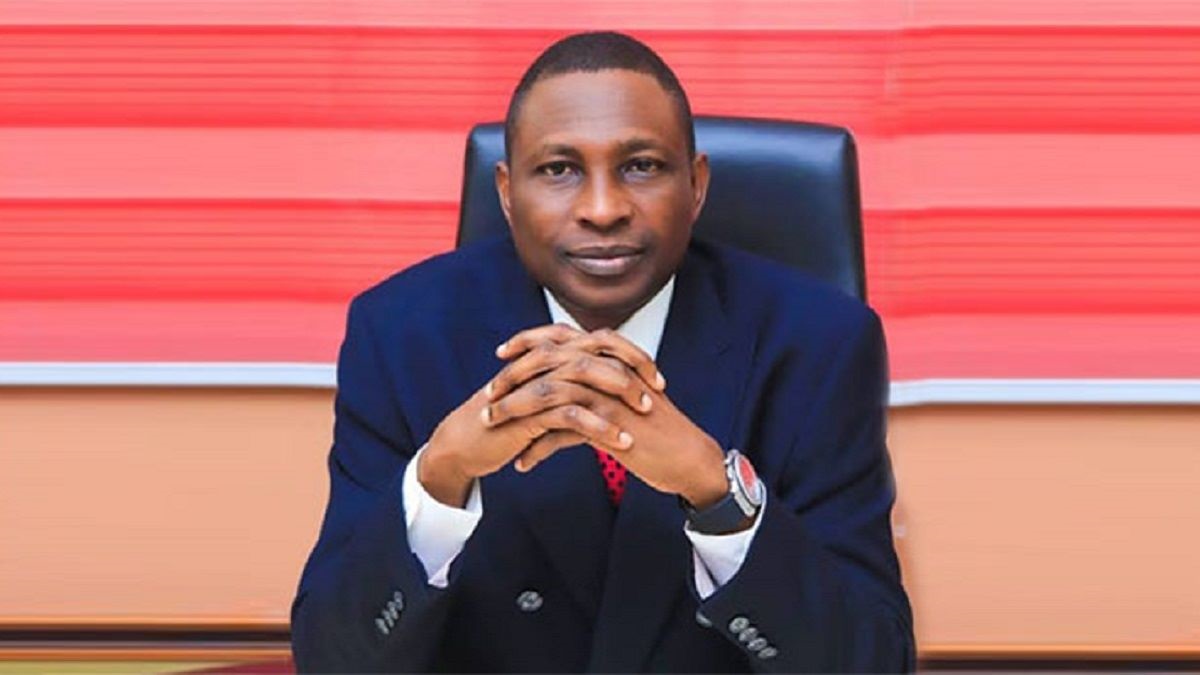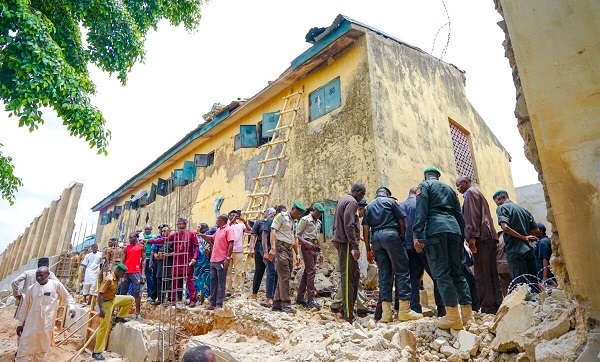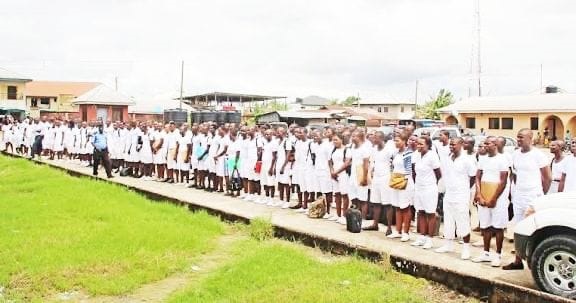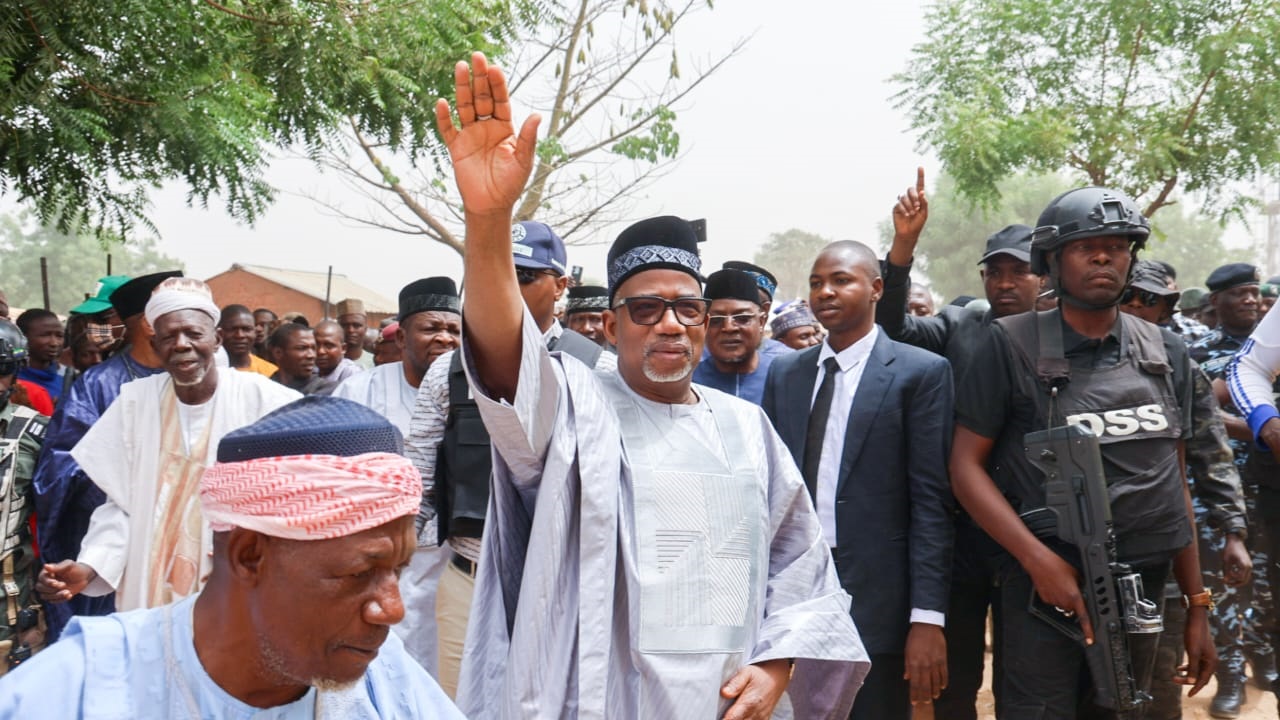The Executive Chairman of the Economic and Financial Crimes Commission (EFCC), Mr Ola Olukoyede has tasked the 10th National Assembly on transparency and fiscal integrity.
Olukoyede gave the charge on Tuesday at the ongoing National Conference on Public Accounts and Fiscal Governance, organised by the Senate and House of Representatives Public Accounts Committees.
The News Agency of Nigeria (NAN) reports that the theme of the three-day conference is “Fiscal Governance in Nigeria: Charting a New Course for Transparency and Sustainable Development.”
The EFCC boss decried opacity in Nigeria’s financial reporting system, particularly within the oil and gas sectors.
He said that the lack of transparency had continued to undermine national development and public trust.
Olukoyede said the EFCC had not received a single oversight report from the Public Accounts Committees of the National Assembly for further investigation.
“Parliament cannot demand accountability if it does not practice it. Fiscal integrity must be the norm in all organs of government.
“Legislators must embrace transparent appropriation and resist any actions that erode public trust,” he said.
Olukoyede said that speculative earnings, unverified transactions, and poor oversight in critical sectors like oil and gas had entrenched inefficiency and corruption in public finance.
According to him, opaque financial reporting, especially in the oil and gas sector, where earnings remain speculative rather than factual, is one of the most disturbing vulnerabilities in the system which feed corruption and erode public trust.
He said that despite years of reforms and development plans, the gap between policy intent and public impact remained wide, calling for a move from paper reforms to institutional enforcement.
The EFCC boss called for greater synergy and collaboration between the Public Accounts Committee of the National Assembly and the EFCC.
He said that leveraging the enforcement powers of the commission, the assembly will send a powerful message that “the Public Accounts Committee’s work is not routine or toothless.
“Let us institutionalise transparency and make accountability a patriotic duty by enforcing the rules and regulations in our statutes.
“Together, we can make Nigeria a nation where fiscal governance delivers real value for real people.”
Earlier in a keynote address, Mr Edwin Harris, the Director-General, Inter-Governmental Action Group Against Money Laundering in West Africa, recommended deepening of risk understanding and application of risk-based approach by regular system updates.
In a paper titled “Global Trends in Fiscal Governance and Accountability: Lessons for Nigeria” Harris also recommended closing of beneficial ownership gaps to ensure transparency by ensuring speedy verifications of transactions by relevant agencies of government.
He called for strengthening of enforcement through consistency and coordination while accelerating asset recovery and management for public benefit.
The DG recommended fortifying legislative oversight functions and judicial integrity for accountability and transparency among others. (NAN)





